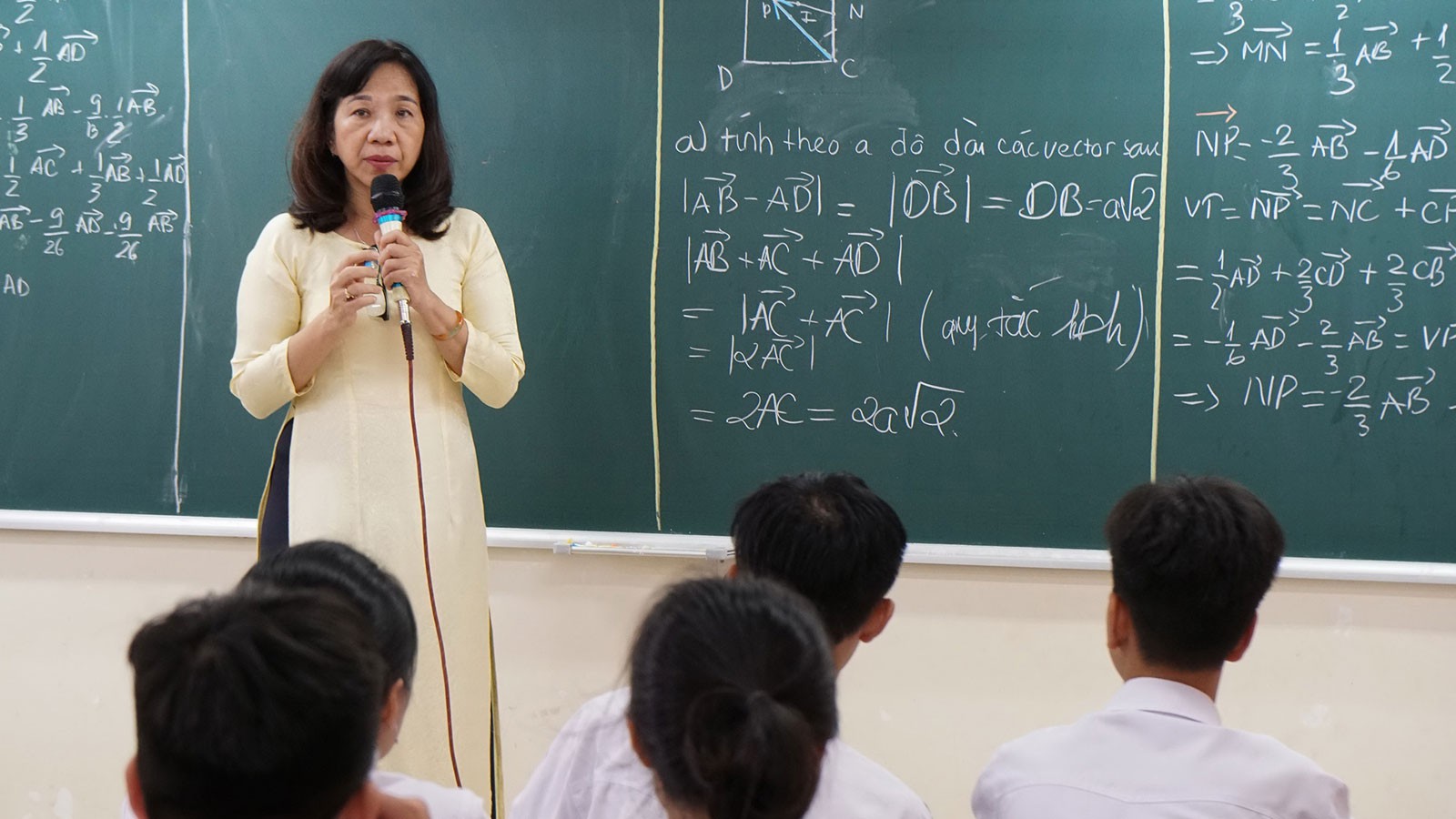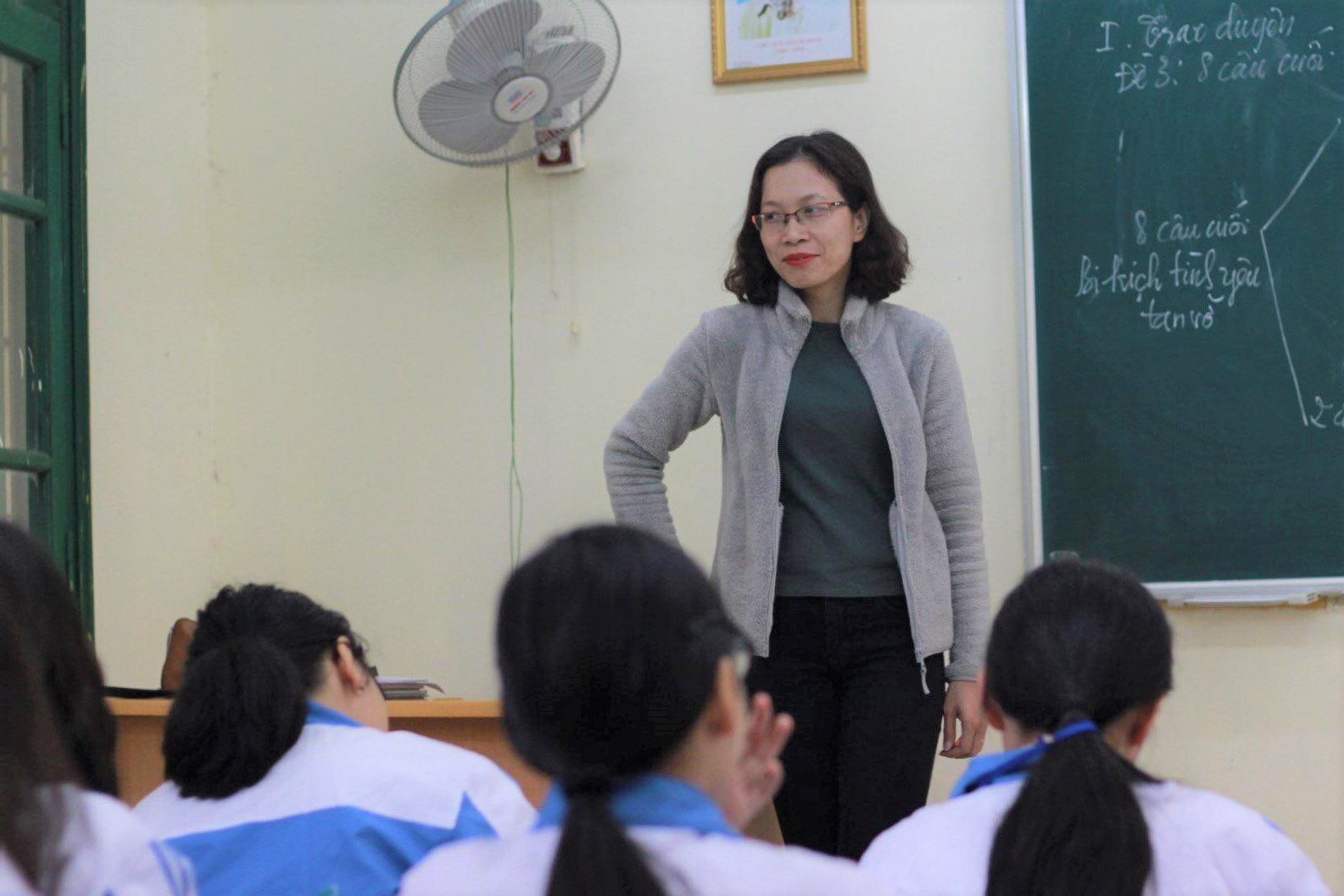Vietnam: Find out about the modules and credits of majors for training teachers at intermediate and college levels
This is an important content of the Circular No. 24/2019/TT-BGDĐT on Regulations on training at intermediate and college level in teacher training majors, issued by the Ministry of Education and Training of Vietnam on December 26, 2019.
- What are the contents of the training program of majors for training teachers at intermediate and college levels in Vietnam? / Vietnam: 02 forms of training at the intermediate and college level in the group of teacher training majors

According to Article 3 of Circular No. 24/2019/TT-BGDĐT of the Ministry of Education and Training of Vietnam, regulations on module and credit programs of majors for training teachers at intermediate and college levels are as follows:
1. Module is a relatively complete and convenient volume of knowledge and skills for learners to accumulate in the learning process. The knowledge and skills in each module correspond to a level by academic year, structured separately as part of a subject or structured in the form of a combination of many subjects.
Each module has a volume of 2 to 4 credits, the content is arranged, taught and distributed evenly in a semester. Each module is denoted by a particular code called the module code, which is prescribed by the head of the teacher training institution.
2. There are two types of modules, compulsory module and elective module. Compulsory module is a course containing the main knowledge content of each training program, which is compulsory for learners to accumulate. Elective module is a course that includes the necessary knowledge and skills for learners to choose according to the guidance of a teacher training institution in order to diversify the specialization direction or to be arbitrarily selected to accumulate the required number of modules for each program.
3. The head of the teacher training institution shall specify the number of periods and hours of study for each module to suit the actual characteristics; stipulate the calculation of teaching hours of teachers and lecturers (hereinafter referred to as lecturers) for subjects and modules on the basis of the number of teaching periods in class, the number of hours of practice, the number of hours of preparation of the self-study volume for learners, the assessment of learners' self-study results and the number of hours of contact with learners outside of class time. The number of periods and hours of each subject or module are specified in the detailed outline of the course.
4. Credits are used to calculate the student's academic load. One credit is equal to 15 theoretical lessons; 30-45 lessons of practice, experiment or discussion; 45 - 90 hours of internship; 45 - 60 hours of writing essays, major or topical assignments, graduation theses.
For theoretical or practical modules, experiments, to receive a credit students must spend at least 30 hours of personal preparation.
View more details at the Circular No. 24/2019/TT-BGDĐT of the Ministry of Education and Training of Vietnam, effective from February 11, 2020.
Thuy Tram
- Key word:
- Circular No. 24/2019/TT-BGDĐT
- Number of deputy directors of departments in Vietnam in accordance with Decree 45/2025/ND-CP
- Cases ineligible for pardon in Vietnam in 2025
- Decree 50/2025 amending Decree 151/2017 on the management of public assets in Vietnam
- Circular 07/2025 amending Circular 02/2022 on the Law on Environmental Protection in Vietnam
- Adjustment to the organizational structure of the Ministry of Health of Vietnam: Certain agencies are no longer listed in the organizational structure
- Vietnam aims to welcome 22-23 million international tourists in Vietnam in 2025
-

- Vietnam: Specifications for scoring training program ...
- 23:45, 05/01/2020
-

- Vietnam: In what cases do learners have to study ...
- 23:16, 05/01/2020
-

- Vietnam: How many exams are there in the teacher ...
- 23:10, 05/01/2020
-

- Circular No. 24/2019/TT-BGDĐT: Guidance on transfer ...
- 22:55, 05/01/2020
-

- Vietnam: Are learners allowed to study two teacher ...
- 22:50, 05/01/2020
-

- Notable new policies of Vietnam effective as of ...
- 16:26, 11/04/2025
-
.Medium.png)
- Notable documents of Vietnam in the previous week ...
- 16:21, 11/04/2025
-
.Medium.png)
- Notable documents of Vietnam in the previous week ...
- 16:11, 02/04/2025
-
.Medium.png)
- Notable new policies of Vietnam to be effective ...
- 16:04, 02/04/2025
-
.Medium.png)
- Notable new policies of Vietnam effective from ...
- 14:51, 21/03/2025
 Article table of contents
Article table of contents
